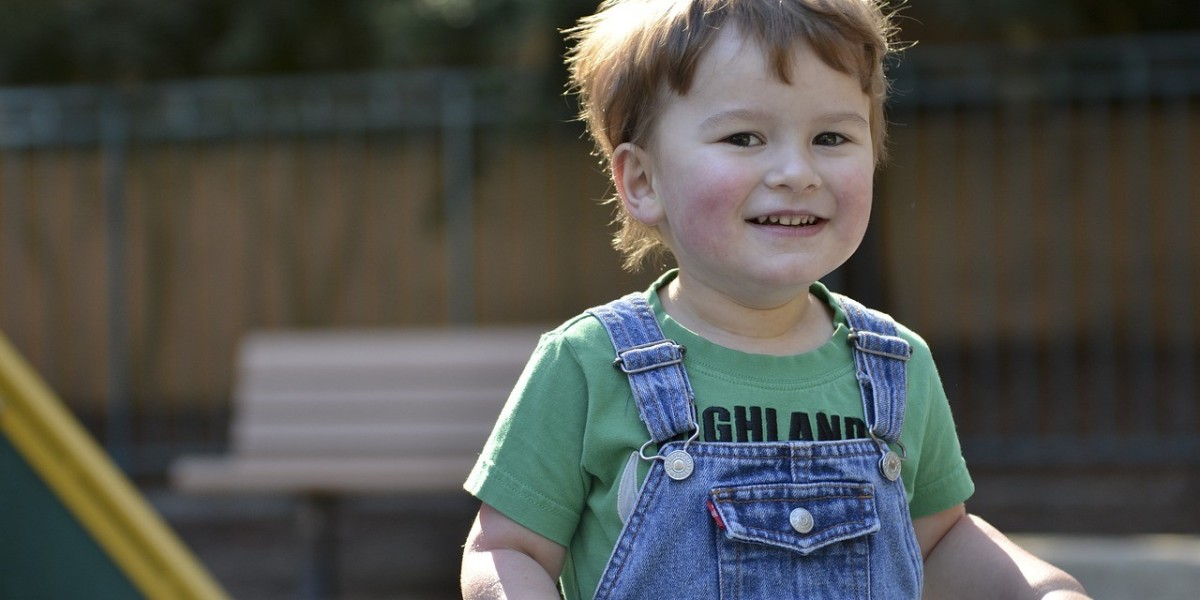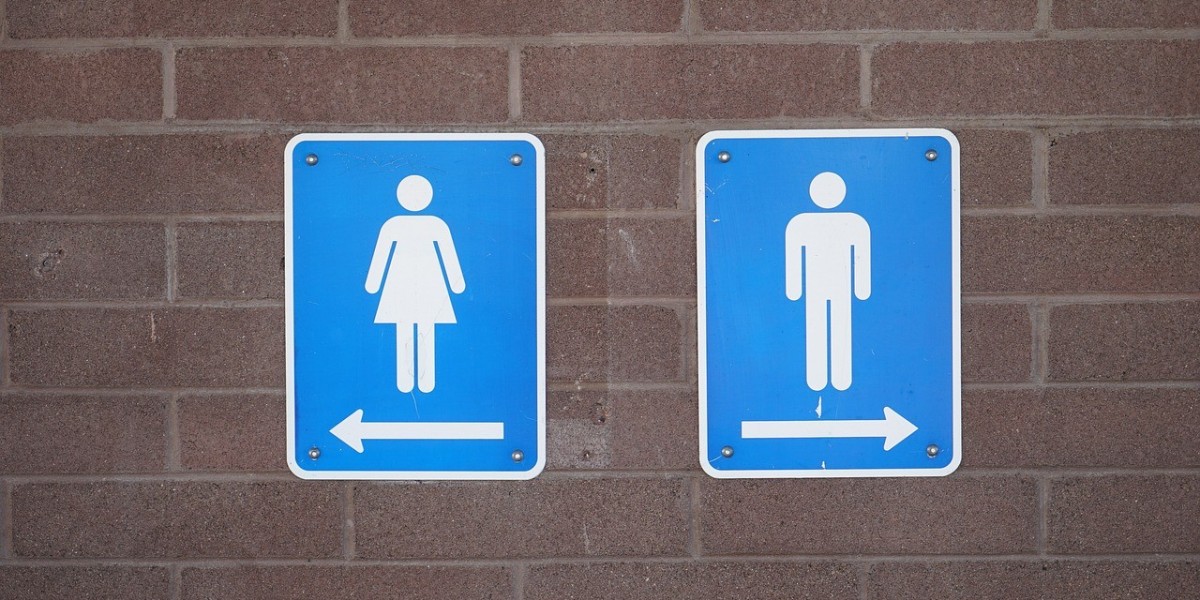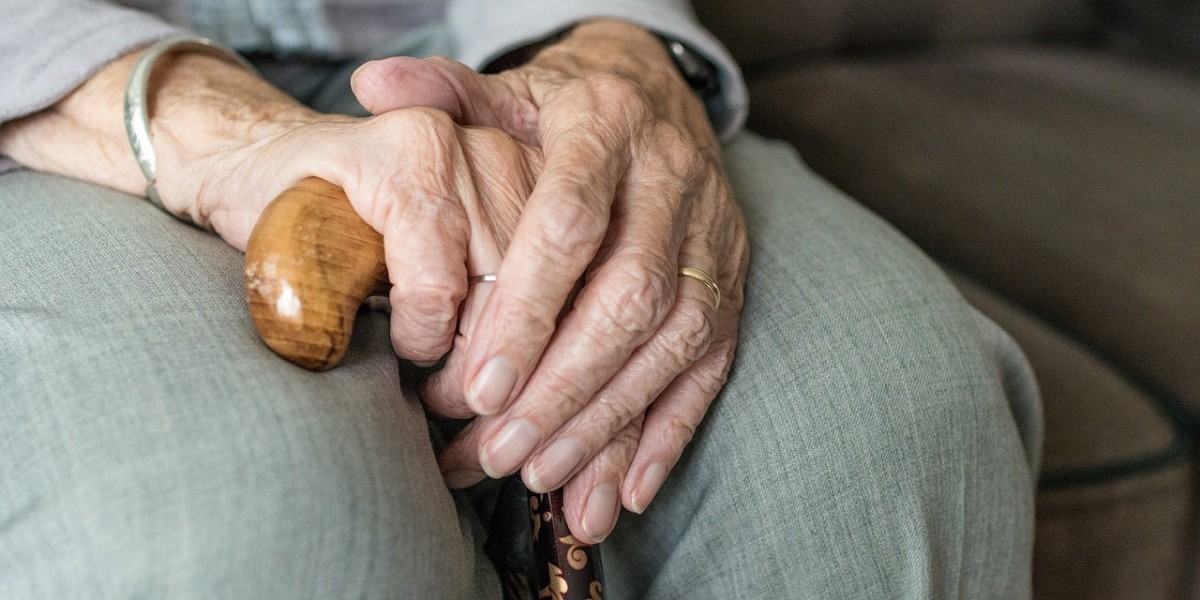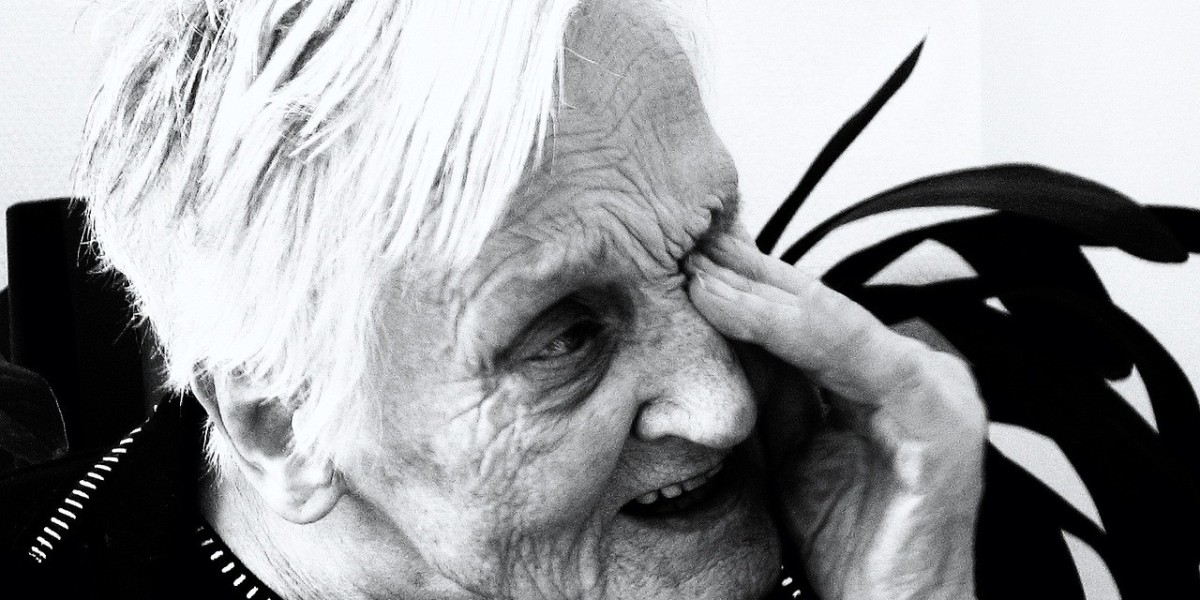Guilt is a frequent companion on the journey of caregiving, often acting as a double-edged sword. It can serve as a motivator, propelling you to strive for excellence, or it can leave you feeling paralyzed and unable to act.
For caregivers, emotions like guilt, sadness, and anger are akin to physical pain – signals from the body demanding attention. Just as the sting of a burn alerts you to remove your hand from a hot stove, guilt prompts introspection and ultimately enhances your well-being.
Each caregiver holds an image of their "Ideal Self," embodying values and behaviours they aspire to. Guilt tends to surface when everyday choices diverge from what the "Ideal Self" would endorse. For instance, a parent committed to attending all their children's school plays or football matches may feel remorseful when opting to accompany their father to a medical appointment instead.
Sometimes, guilt arises from neglecting one's own needs in favour of a sick loved one. Feeling guilty about acknowledging personal needs is common among caregivers who believe their focus should solely be on the ailing family member.
However, it's essential to recognise that self-care enables caregivers to provide better support. For example, a mother hesitant to take a walk with her children while her own mother is in pain might discover that nurturing her well-being actually enhances her ability to care for her mother with greater compassion.
Moreover, caregivers may experience guilt over their emotional responses to their loved one's illness, such as anger or resentment. Acknowledging these feelings, though uncomfortable, is crucial for emotional well-being.
Managing caregiver guilt requires self-compassion and introspection. Here are some strategies:
Recognise and name guilt: Identifying and acknowledging guilt is the first step toward managing it effectively.
Explore underlying emotions: Often, guilt masks deeper feelings like resentment or sadness. Naming these emotions can provide clarity and perspective.
Practice self-compassion: Understand that fluctuating moods are normal, and there's no "right" way to feel as a caregiver. Permit yourself to experience a range of emotions without judgment.
Identify the source of guilt: Reflect on the reasons behind your guilt. Is it due to unmet needs or a misalignment with personal values?
Take proactive steps: Address unmet needs and align your actions with your values to help alleviate feelings of guilt.
Seek support: Don't hesitate to reach out to friends or family members for emotional support. Sharing your struggles can lighten the burden of guilt.
Reassess your "Ideal Self": As circumstances evolve, revisit and redefine your vision of the "Ideal Self" to reflect your current values and aspirations.
Prioritise self-care: Recognise that caring for yourself is integral to being an effective caregiver. Embracing self-care not only reduces guilt but also enhances your ability to provide quality care to your loved one.
While guilt may accompany the caregiving journey, it can also serve as a catalyst for personal growth and improved caregiving. By understanding and managing guilt effectively, caregivers can cultivate resilience and provide compassionate care to their loved ones.
Caregiver guilt is an all-too-common emotion experienced by carers, but the We Talk Care community understands your feelings without judgment, so join our nurturing network and let’s talk about which strategies can help improve caregiver mental health and reduce feelings of guilt.







